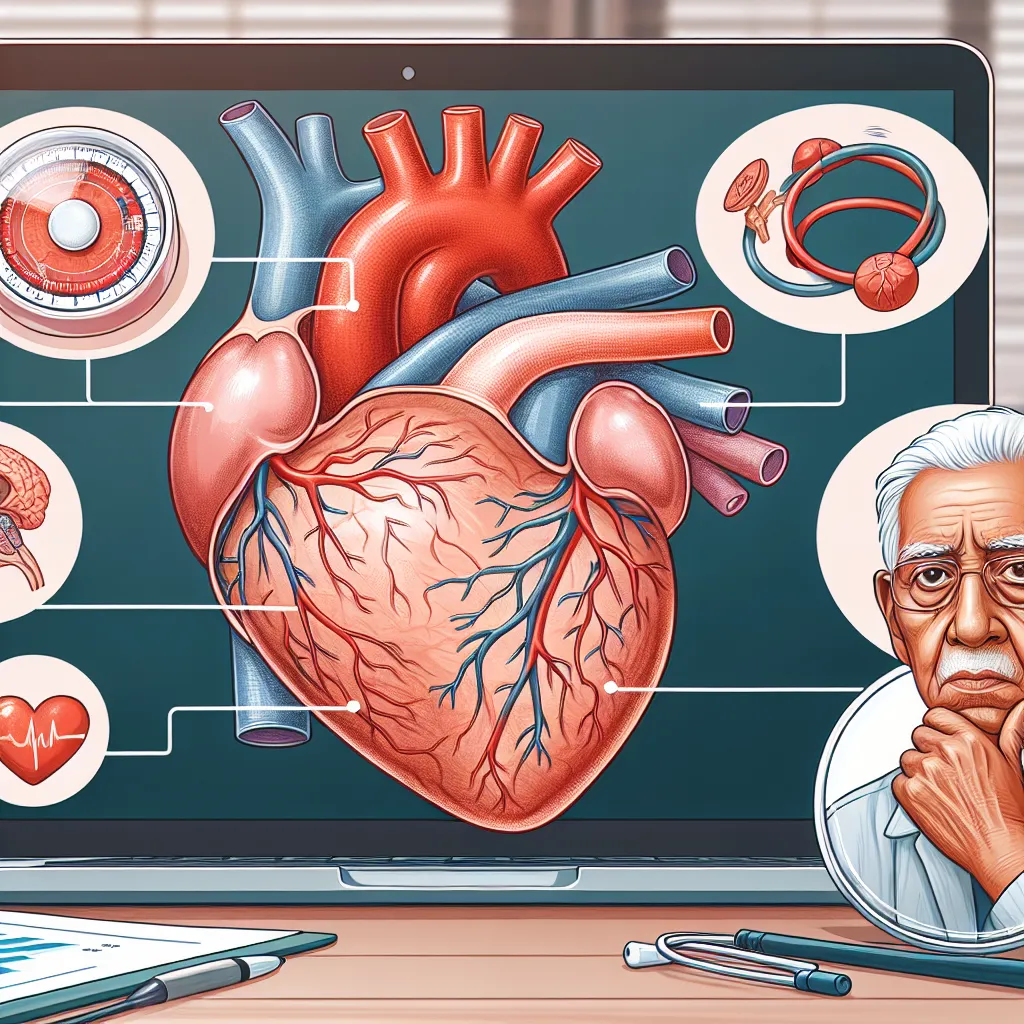What Causes Atrial Fibrillation In Seniors
What Causes Atrial Fibrillation In Seniors
Atrial fibrillation, also known as AFib, is a common heart condition that affects millions of people worldwide. It occurs when the heart’s electrical signals become irregular, causing the upper chambers of the heart (the atria) to quiver or fibrillate instead of beating regularly. While AFib can affect individuals of all ages, seniors are particularly prone to this condition. This article will explore the various causes of atrial fibrillation in seniors and discuss potential risk factors.
Age and Prevalence
Atrial fibrillation becomes more common with age, and seniors are more likely to develop this condition compared to younger individuals. The exact reasons for this are not fully understood, but several factors may contribute to the increased prevalence in seniors.
Firstly, the aging process naturally leads to changes in the heart’s electrical system. Over time, the heart’s natural pacemaker cells may become damaged or malfunction, disrupting the normal rhythm of the heart. Additionally, age-related structural changes in the heart, such as stiffening of the heart muscles and enlargement of the atria, can also contribute to the development of atrial fibrillation.

Furthermore, other age-related health conditions, such as hypertension, diabetes, and heart disease, are commonly seen in seniors. These underlying conditions can increase the risk of developing atrial fibrillation, making seniors more susceptible to this cardiac arrhythmia.
Underlying Health Conditions
Several underlying health conditions can contribute to the development of atrial fibrillation in seniors. Understanding these conditions can help in identifying potential risk factors and taking preventive measures.
Hypertension
High blood pressure, or hypertension, is a common condition among seniors. It occurs when the force of blood against the artery walls is consistently too high. Hypertension can strain the heart, leading to various cardiovascular problems, including atrial fibrillation. Seniors with uncontrolled hypertension are at a higher risk of developing AFib.
Heart Diseases
Seniors often have underlying heart conditions, such as coronary artery disease, heart valve disorders, or a history of heart attacks. These heart diseases can alter the heart’s normal electrical system, increasing the likelihood of atrial fibrillation. Additionally, heart surgeries or interventions can also trigger AFib in some cases.
Obesity and Diabetes
Obesity and diabetes are prevalent health issues among seniors. Both conditions have been linked to an increased risk of developing atrial fibrillation. Obesity puts extra strain on the heart and can lead to structural changes that promote AFib. Diabetes, on the other hand, can cause damage to the blood vessels and nerves that control the heart’s electrical signals, increasing the risk of abnormal heart rhythms.
Lifestyle Factors
While age and underlying health conditions play a significant role in the development of atrial fibrillation in seniors, certain lifestyle factors can also contribute to this condition.
Smoking and Alcohol Consumption
Both smoking and excessive alcohol consumption have been associated with an increased risk of atrial fibrillation. These habits can damage the heart and disrupt its normal electrical signals, leading to irregular heartbeats. Seniors who smoke or consume alcohol excessively are at a higher risk of developing AFib.
Sedentary Lifestyle
Lack of physical activity and a sedentary lifestyle can contribute to the development of various heart conditions, including atrial fibrillation. Regular exercise is crucial for maintaining heart health and reducing the risk of cardiovascular diseases. Seniors who lead a sedentary lifestyle are more prone to developing AFib.
Genetic Factors
While lifestyle and health conditions are significant contributors to atrial fibrillation, genetics also play a role. Some individuals may have a genetic predisposition to developing abnormal heart rhythms, including AFib. If close family members have been diagnosed with atrial fibrillation, seniors may have a higher likelihood of developing the condition themselves.
Conclusion
Atrial fibrillation is a common heart condition that affects seniors more frequently than younger individuals. While the exact causes of AFib in seniors are not fully understood, age-related changes in the heart’s electrical system, underlying health conditions such as hypertension and heart diseases, lifestyle factors like smoking and sedentary habits, as well as genetic predispositions, contribute to its development. Understanding these causes can help seniors and healthcare professionals identify potential risk factors and take preventive measures to reduce the incidence of atrial fibrillation and its associated complications.
